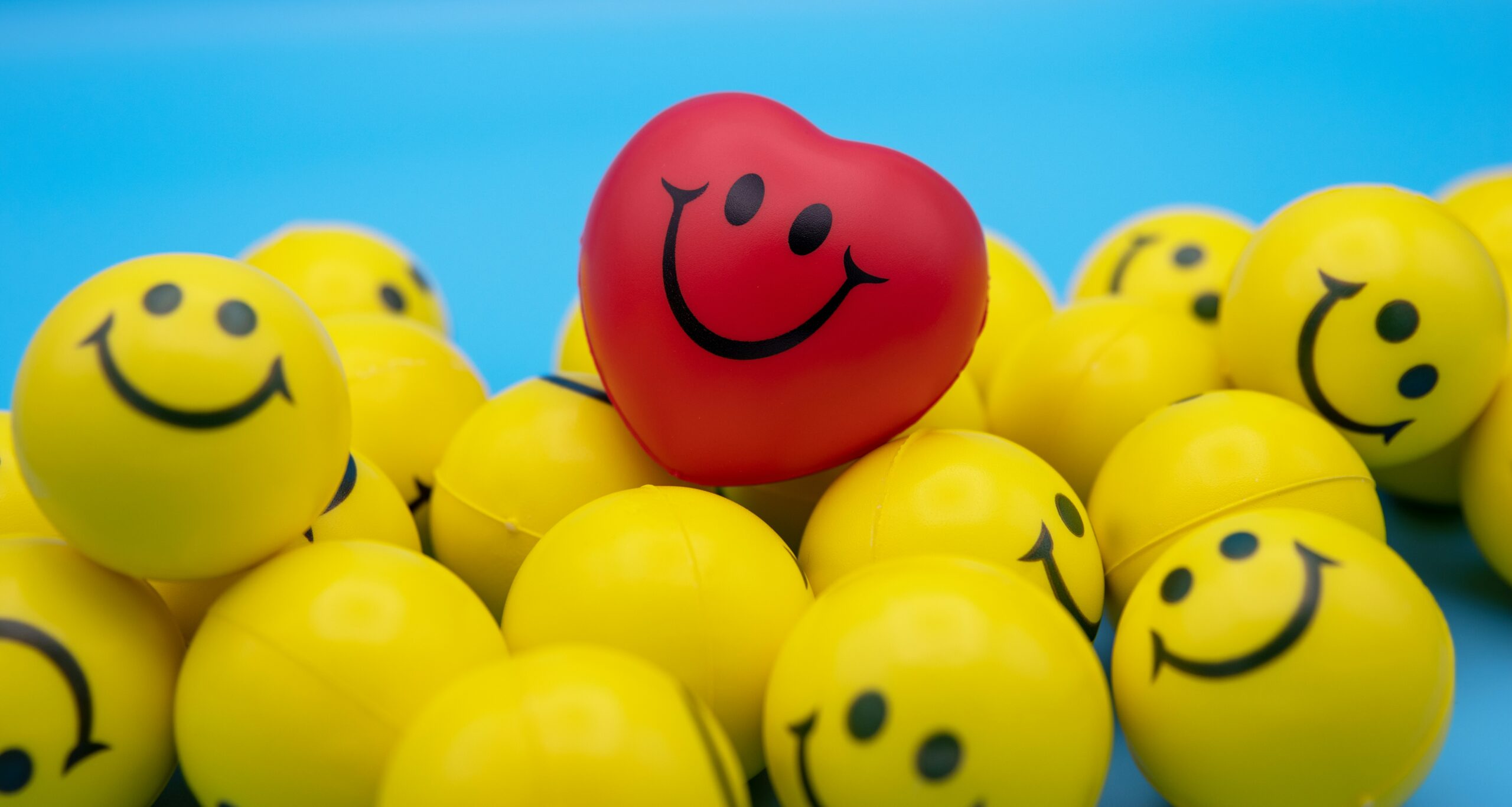Sometimes it feels like my mind and voice aren’t even on speaking terms. Even when I’m calm, it’s as if they’re dancing to two different songs. I’ll be ready to share a thought, and just as I open my mouth, everything seems to unravel.
I still remember the first time my face twitched as I tried to speak. It felt like I was gasping for air. My face contorted mid-sentence, trying to force out a sound, and I stood there, frozen, breathless and deeply embarrassed.
I thought to myself, maybe if I rehearsed what I wanted to say ahead of time, I could control it better. Maybe if I just planned every word, the stutter would go away. Spoiler alert: it didn’t; in fact, it made things worse.
I started anticipating the blocks before they even happened, and that anticipation turned into anxiety. The anxiety wrapped around my throat like a fist.
I read articles. I watched videos. People who claimed to have “conquered” their stutter offered advice — breathe deeply, slow down, visualize your sentences, practice in front of a mirror, smile more, relax. I tried it all.
When it didn’t work, I blamed myself. Maybe I’m lazy. Maybe I’m not trying hard enough. Maybe I don’t want it bad enough.
It didn’t matter that I was doing well academically. I still convinced myself that something essential was missing, that I was missing. And no matter how many affirmations I speak to myself, no matter how far I had come, it only took one offhand comment to send me spiralling inward.
Just one.
It could be a joke, a correction, or someone impatiently finishing my sentence. I immediately felt small. All over again.
I think back to junior high, when I wanted to join the debate team. I was so sure. I had done countless church recitations, loud and proud, with not a hint of shame. But that side of me wasn’t public knowledge at school. My classmates only knew the me that stuttered.
The moment I expressed interest, someone looked me dead in the face and said,
“Onyi, is it you who stammers that wants to join? Don’t come to my group.”
Just like that, my confidence dissolved. I didn’t try again. I quietly returned to my seat and stayed there, not just physically but emotionally.
That might have been the first time I truly understood how differently I sounded. And it hurt.
It didn’t stop there.
Once, during a playful conversation with friends about who we might marry someday, young teenage things — a girl said her brother might marry me since we were close. Another girl laughed and shouted,
“God forbid. My brother won’t marry a bebebe.”
For context, “bebebe” is Nigerian slang for someone who’s supposedly not right in the head.
I didn’t respond. I just walked away and cried. I cried because I felt mocked, to have my speech tied to my worth.
Was I depressed? I don’t know. We didn’t use that word much back in 2008 or 2009. But I know I wasn’t happy.
I dreaded school. I dreaded speaking.
Thankfully, my parents noticed. They didn’t brush it off. They let me change schools, and that small shift made a big difference.
I started to feel like I could breathe again. That move didn’t fix me, but it helped me feel safer.
So why am I sharing all this?
Because people need to understand that we speak differently.
I speak differently.
That difference is real. It is not a phase. It is not a lack of intelligence. It is not nervousness.
It is how my brain processes language. And I am no longer hiding from it.
It took years to get here.
Years of silence. Years of beating myself up. Years of wondering why I couldn’t just speak normally.
But now, I speak anyway.
And I let myself take up space even if I’m stuttering through it.
When I look back on these memories, I no longer feel shame.
I see a version of myself who was doing her best in a world that didn’t make room for her voice.
I see a girl who kept showing up, even when her words came out differently.
That girl was strong. She is still strong. And she deserves to be heard.
I still stutter. I still get uncomfortable.
Some days are harder than others.
But I’ve stopped wishing for a fluent future and started building a present where I speak from a place of truth.
Even when it’s messy. Even when it’s slow. Even when it makes others uncomfortable.
That’s not weakness. That’s power.
So, to anyone reading this:
Be kind.
Choose your words with care. Teach your children empathy.
Make room for people who speak differently, not in pity, but in respect.
We are not broken.
We are thoughtful, complex, creative people.
And our stories deserve to be told without apology.
We’re learning to be soft with ourselves, even when the world hasn’t always been.
We’re learning to own our voice, exactly as it is.
And with each story we share, we’re making the world a little more understanding, a little more accepting — and a whole lot louder.
Let us be heard.
Written by Onyedikachi
Photo by Austin Schmid on Unsplash


